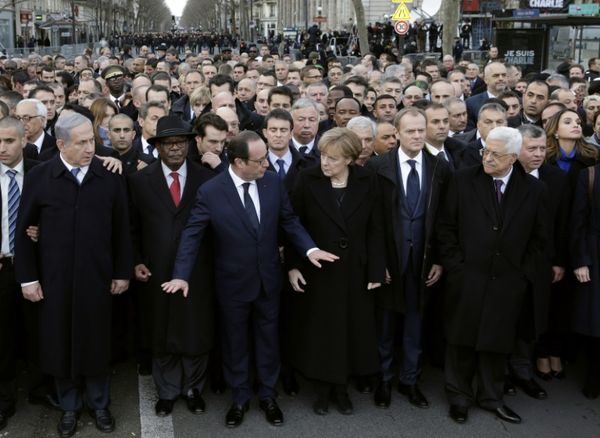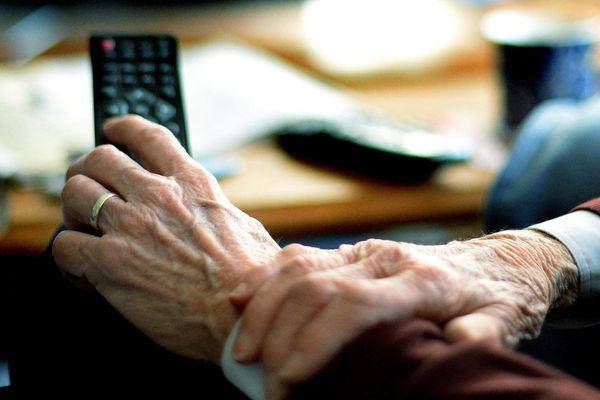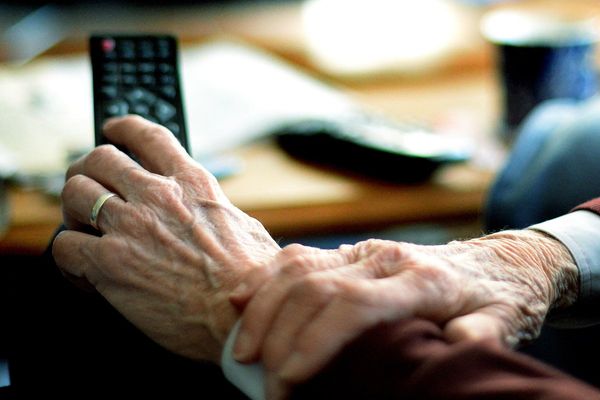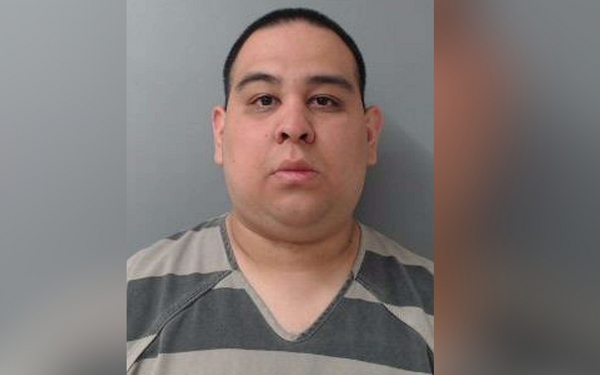
Australians attending events to commemorate Anzac Day are being urged to take all necessary COVID-19 precautions to protect the vulnerable.
Many jurisdictions are returning to full-scale Anzac Day services after two virus-disrupted years, while most states and territories are in the process of further easing coronavirus restrictions.
However, Victorian health officials have asked patrons to remember their masks when in situations that make it hard to physically distance, particularly in crowds or at indoor environments.
Anyone who has COVID symptoms is being encouraged to stay home and get tested, while people meeting indoors pre- or post-service should open doors and windows to maximise air flow.
“As important as the Anzac Day march and our dawn services are, there may be elderly and vulnerable people there we need to protect,” the state’s chief health officer, Brett Sutton, says.
Seven-day isolation for close contacts is no longer mandatory in NSW or Victoria as case numbers plateau or dip amid the current Omicron sub-variant wave.
Household contact quarantine rules will be ditched in the ACT after Anzac Day, while Queensland is moving to scrap quarantine for unvaccinated international arrivals by Thursday.
South Australia will also drop the requirement for close contact isolation from April 30 but they must take five rapid antigen tests over seven days.
Masks will also be required outside the home, high-risk settings like aged care centres will be off limits and employers and schools will need proof of status.
Vaccination status and check-in requirements for social and sporting venues are being wound back in Victoria, although mandates for workers in multiple industries have been retained.
NSW is shifting to a risk assessment model, with household contacts of positive cases no longer needing to isolate for seven days, so long as they continue to test negative.
They should still work from home where possible and avoid high-risk settings.
Almost 34,000 new COVID-19 cases were recorded across Australia on Sunday along with 22 deaths, pushing the national toll since the start of the pandemic past 7000.
Some 7004 Australians have lost their lives to coronavirus, with NSW and Victoria accounting for four out of five deaths.
A teenager was among three COVID-related deaths reported in WA on Sunday, as Premier Mark McGowan’s child recovers at home with the virus after being released from hospital.
LATEST 24-HOUR COVID-19 DATA:
NSW: 7985 cases, four deaths, 1631 in hospital, 64 in ICU
Victoria: 7643 cases, four deaths, 441 in hospital, 31 in ICU







